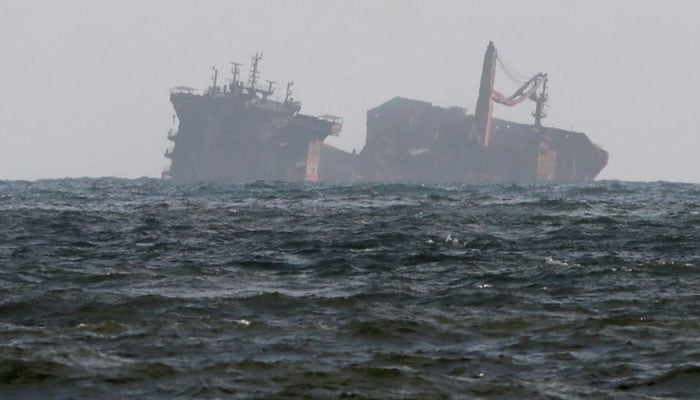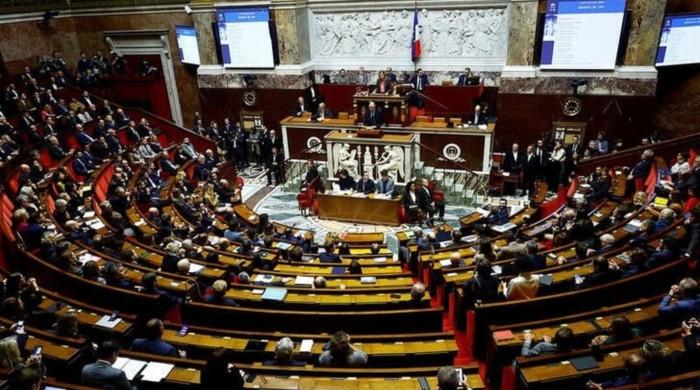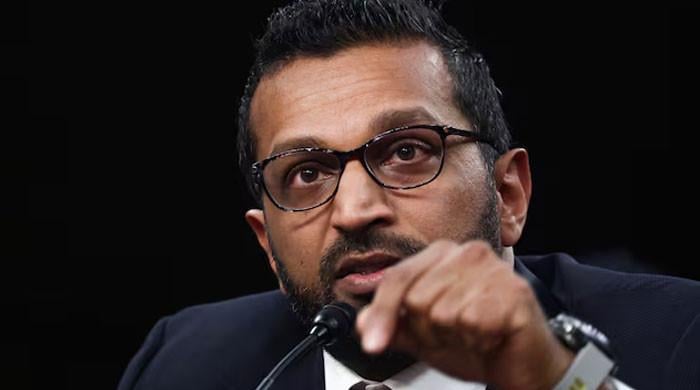Deep-sea divers find WWII ship that killed over 1,000 Australians
It was Australia's most disastrous event in its maritime history that killed 979 including at least 850 military people
April 22, 2023

A wreck of a ship — the Montevideo Maru — from World War II carrying more than 1,000 people has been found 4,000 meters deep into the sea that was destroyed off the Philipines by an American submarine, AFP reported Saturday.
The ship — carrying prisoners of war — was hit by the US submarine USS Sturgeon in July 1942.
It was Australia's most disastrous event in its maritime history that killed 979 Australian citizens including at least 850 military personnel.
Silentworld Foundation said: "Civilians from 13 other countries were also aboard, bringing the total number of prisoners killed to about 1,060."
Prime Minister Anthony Albanese noted on social media noted that "at long last, the resting place of the lost souls of the Montevideo Maru has been found."
He also said: "Among the 1,060 prisoners on board were 850 Australian service members — their lives cut short."
"We hope today's news brings a measure of comfort to loved ones who have kept a long vigil," he added.
The search by sea explorers commenced after the planning of five years on April 6 in the South China Sea northwest of the Philippines' main island of Luzon. The ship was discovered just after 12 days with the help of high-tech equipment including an autonomous underwater vehicle with sonar.
The remains of the ship are deeper than the wreck of the Titanic. The wreckage will remain undisturbed on the seabed, out of respect for the families of those who perished, the foundation said.
No artefacts or human remains are to be removed, it added.
Cost of conflict
John Mullen, director of Silentworld said that the discovery of the Montevideo Maru closes a terrible chapter in Australian military and maritime history.
Mullen, who carried out the search with Dutch firm Fugro with help from the Australian military, said: "Families waited for years for news of their missing loved ones before learning of the tragic outcome of the sinking. Some never fully came to accept that their loved ones were among the victims."
Andrea Williams was also part of the search mission whose grandfather and great-uncle were civilian internees who drowned with the ship.
It was an extraordinarily momentous day for Australians connected with the disaster, she said in a statement, adding that "I could never understand why it was not a more powerful part of our Australian WWII history."
According to the Australian Chief of the Army, Lieutenant General Simon Stuart, finding the wreck had ended 81 years of uncertainty for the loved ones of those lost.
He also highlighted that "a loss like this reaches down through the decades and reminds us all of the human cost of conflict."











